Immigration Realism without Abandoning Ideals

Concerns about the effects of immigration on social cohesion and democratic sovereignty are legitimate, but we should avoid false moralistic narratives that pit pro-immigration elites against the American people. These narratives mask the diversity of “real Americans,” simplify the American people’s complex views on immigration, and downplay democratic politics’ potential to empower excluded groups and redefine the political community.
Returning to Land of Hope

Wilfred McClay rightly senses that part of our current political confusion results from a lack of a common historical narrative, an ability to talk about the American past coherently. In our current moment there is thus a need to recapture important stories and narratives about America.
Cash for Kids: Does Public Assistance Undermine Family Life?

Currently, public assistance in the United States damages vital social institutions like marriage. But the problem is not the public assistance itself: the problem is that we only provide guaranteed financial support to single people. When you don’t punish people for being married or reward them for being unmarried, but just provide simple, flat benefits to support family life, these benefits actually support family life.
New York City’s Students Deserve School Choice

Mayor de Blasio’s policies keep New York City kids trapped in violent, chronically failing schools.
Gender Ideology and the Catholic Church
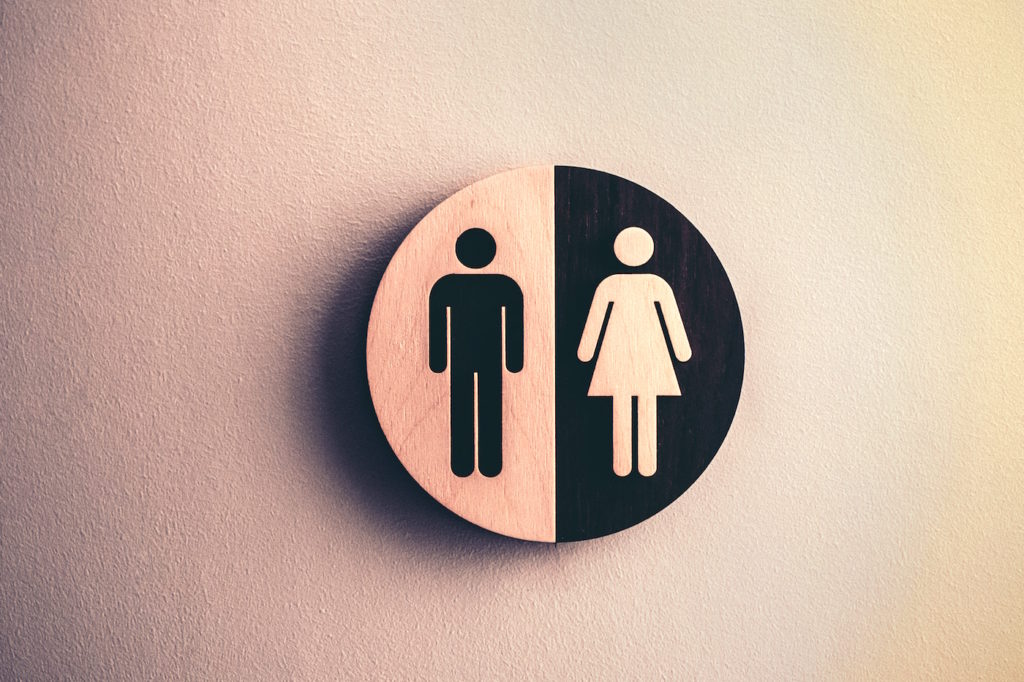
Many people have difficulty with the Catholic Church’s teaching on sex and gender because they fail to recognize its philosophical dimension. As inheritors of twentieth-century positivism, many today assume that the quantitative sciences are the arbiters of truth, and that any other way of knowing, except that privileged and direct access to one’s own internal subjectivity, can be no more than private opinion or pseudoscience. This philosophical error silences objection and shuts down dialogue by defining disagreement with itself as hateful and anathematizing.
Cross Purposes

The Supreme Court has long channeled the views of a very particular sort of religious and elite class interest in its Establishment Clause jurisprudence concerning religious displays. Cases like American Legion v. American Humanist Association suggest that it is—gradually and haltingly, but nevertheless steadily—withdrawing from this field of cultural combat.
Measles, Mumps, and Religious Freedom: Mandatory Vaccination and the Limits of Parental Rights

It is a mark of responsible governance, not authoritarian overreach, for states to act when the demands of public health call for such measures. It is true that the presumption of freedom, religious liberty, and parental authority are all at risk in an increasingly regulatory, secular, and statist culture, but it is an error to see vaccination policy as an essential battleground for defense of these important rights.
Josef Pieper: Prophet of Pietas
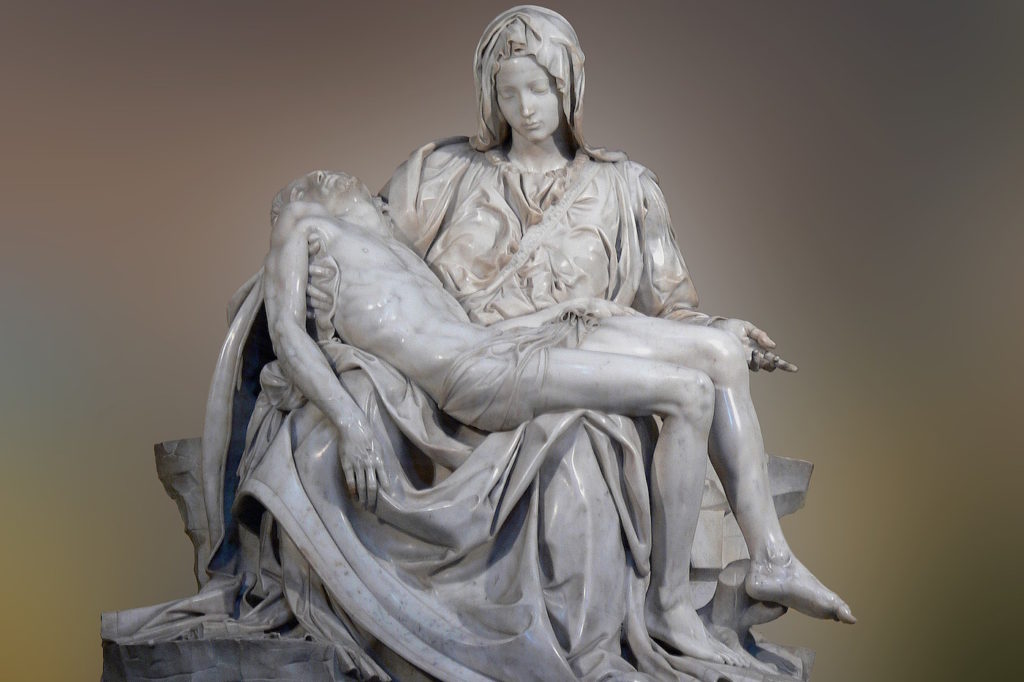
Fifty years ago, Josef Pieper accurately prophesied the most defining dilemmas of our age and pointed us to the virtue of pietas to solve them.
False Choices: Religion’s Role in the American Revolution
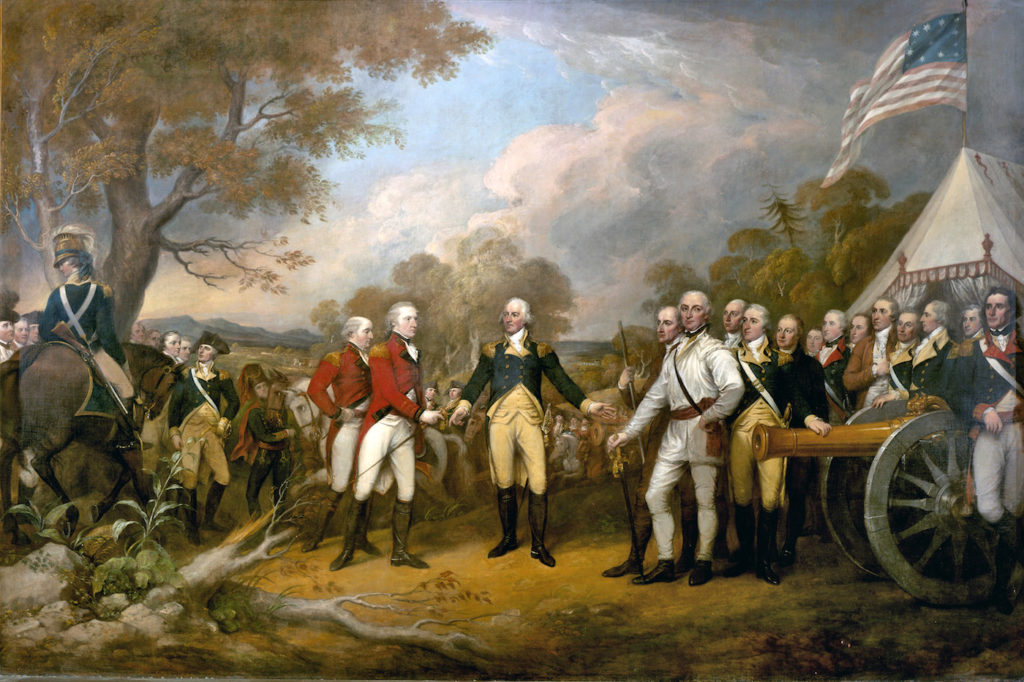
In eighteenth-century political reasoning and rhetoric, ministers and statesmen were not obliged to choose between pragmatism or piety, orthodoxy or heterodoxy, reason or revelation. As we grapple with the role of religion in the American Revolution, we should not impose false dichotomies routinely used by modern scholars but were unknown to their subjects.
Our Little Platoons Need Reinforcements

In Alienated America, Tim Carney paints a picture of a nation riven by a social capital divide, a divide that has led to the rise of populism and socialism. Our task is to rebuild civil society. This work need not wait for enabling legislation, the seizing of the means of production, or a national declaration of fealty to Rome. It can—and should—be undertaken today.
The Pursuit of Happiness Rightly Understood

The right to the pursuit of happiness is coherent only in the full theological context of the Declaration of Independence.
Why the Gay and Lesbian Equality Movement Must Oppose Surrogacy
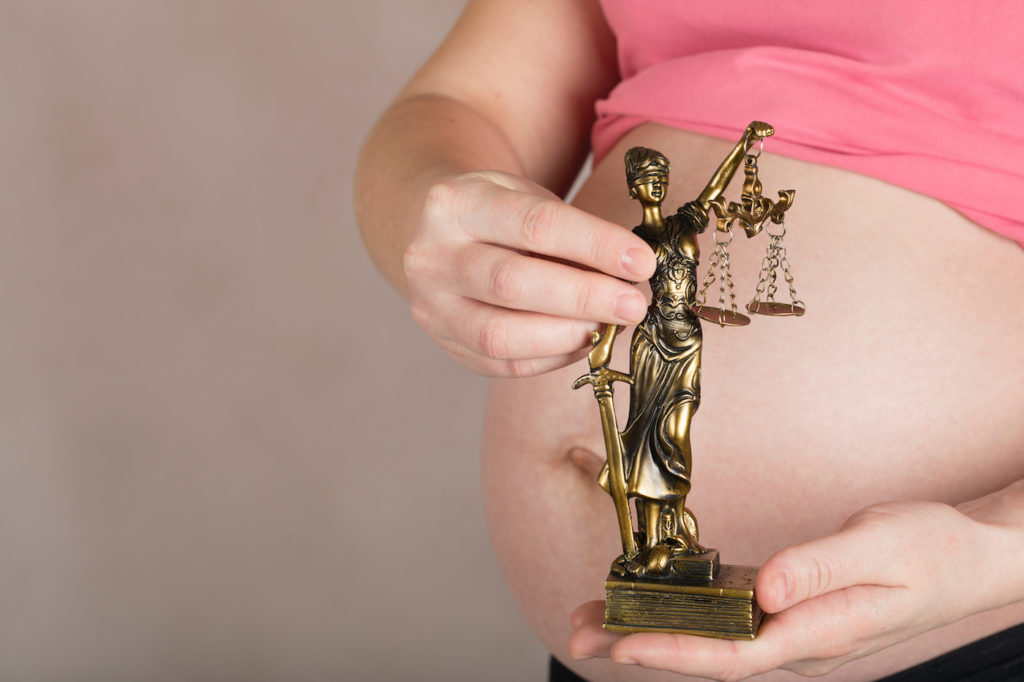
As gay people, we cannot insist on the right to carry out practices that harm the rights of others. Rather than being an LGBT rights issue, surrogacy is a women’s rights issue and a children’s rights issue; and like the sale of human organs, it is not an activity that should be promoted or indeed permitted.
Parental Love, Transforming Love

As George Eliot’s Silas Marner illustrates, the reason parental love can change a person is that it requires constant self-sacrifice. But could this story take place today? It seems far more plausible that a lonely man like Silas would retreat ever more into solitude, abated only by pornography, Tinder, and a loosely bound world of online connections.
A Case of Stolen Jurisprudence in Kansas
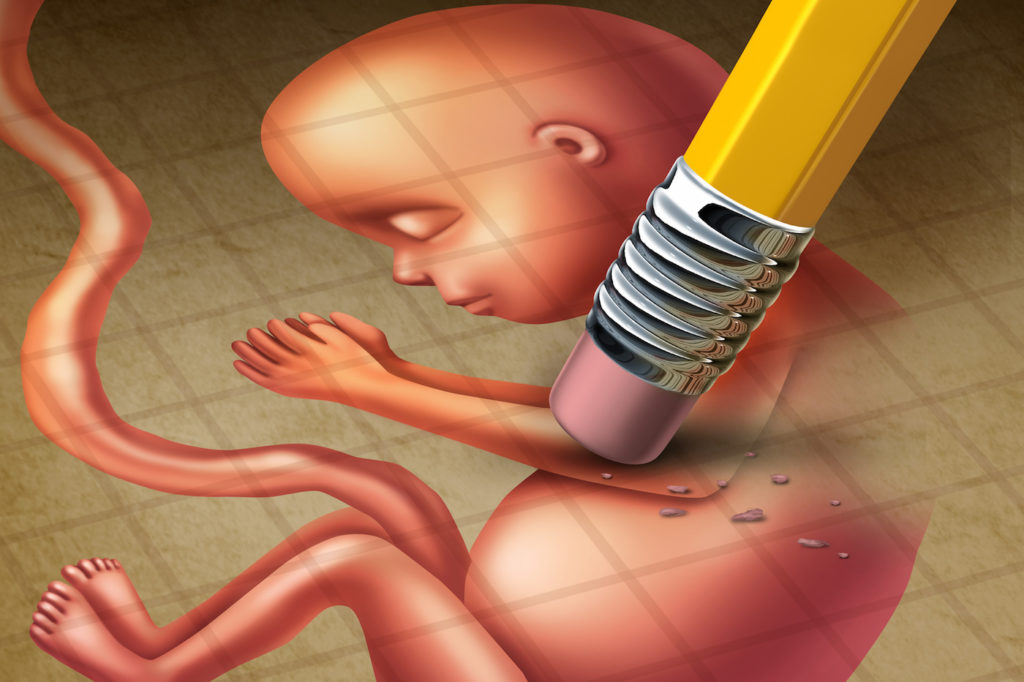
Kansas’s Supreme Court randomly festooned its recent decision on abortion with impressive terms, without making the slightest effort to learn the terms’ meanings. The court identifies “common law” with judicial opinions and thus shoehorns innovative judicial decisions into its discussion of “natural rights.”
The Handmaid’s Tale: One Dystopia Begets Another
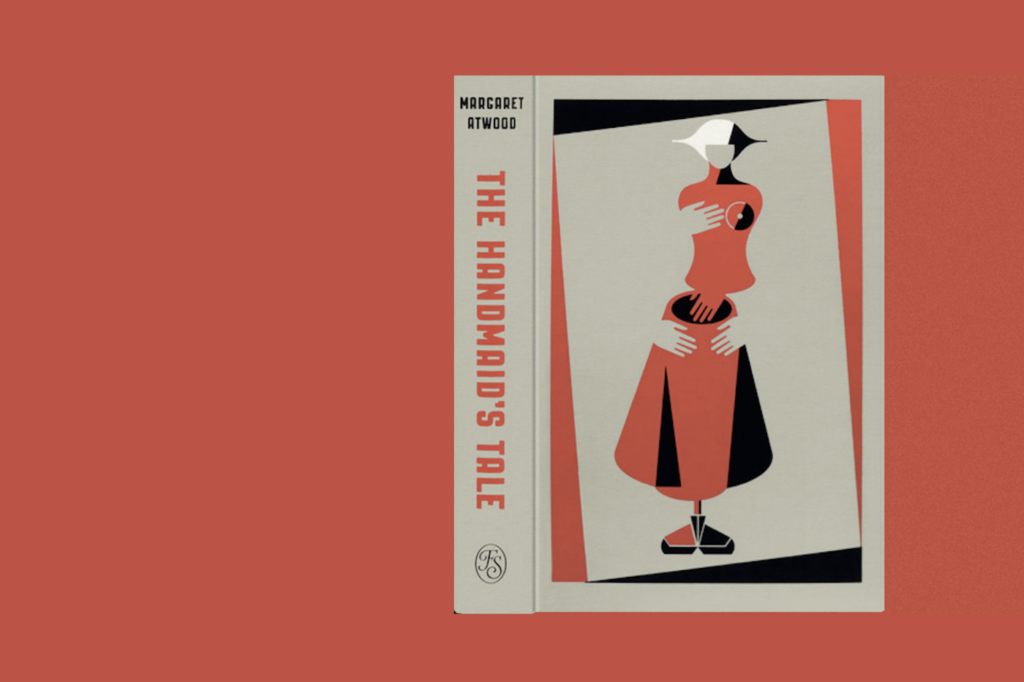
The Handmaid’s Tale is at best a thought-provoking literary work, and at worst a straw-man argument against traditionalism and conservative values. Atwood fails to deliver an intelligent critique of conservative Christian values, and her book does not reach the caliber of Orwell’s tales.
Back Row America
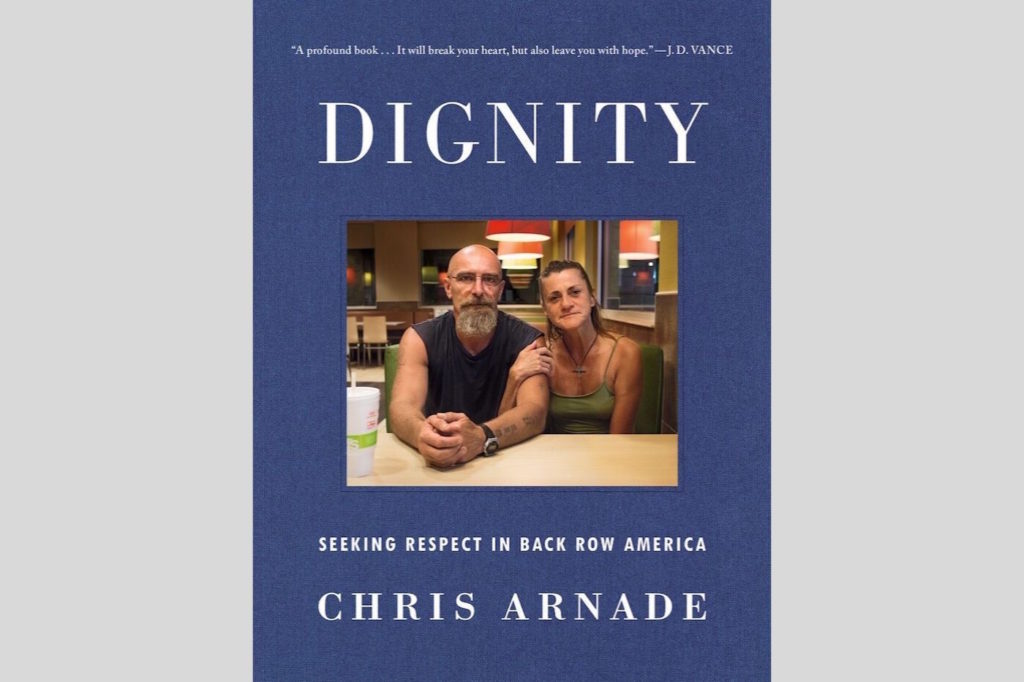
Members of Back Row America are rooted in a particular neighborhood or town that they do not want to abandon in pursuit of the American Dream. Or they are churchgoing Christians who find hope in their faith. But neither place nor faith is part of the mental geography of the Front Row.
Conservative Women and the Intra-Conservatism Debate

Women have an understanding of conservatism that goes deeper than policy ideas, because we uniquely understand human relationships. The men that are the standard-bearers of conservatism need to make a greater effort to cultivate conservative women’s voices in the public square.
Dementia, Dualism, and What Makes Us Human

In many ways, demented patients present the greatest challenge to the question of what makes us human. Victims of dementia seem to lose all power of reason, recognition, speech, and memory. Their minds disintegrate, and all that seems to be left is the physical form. That, too, rapidly fades. Because of this, we tend not to see them as humans, but as something inhuman or formerly human—merely masses of flesh to be tossed aside. But this is a mistake.
The Problem with Athletes Using the National Anthem to Protest

Degrading our sense of nationhood by degrading national symbols will not end inequality or injustice. It will only move us closer to a state in which the government can no longer function, because the people behind it no longer perceive themselves all together to be part of a nation with a common purpose.
Eugenics and Other Evils
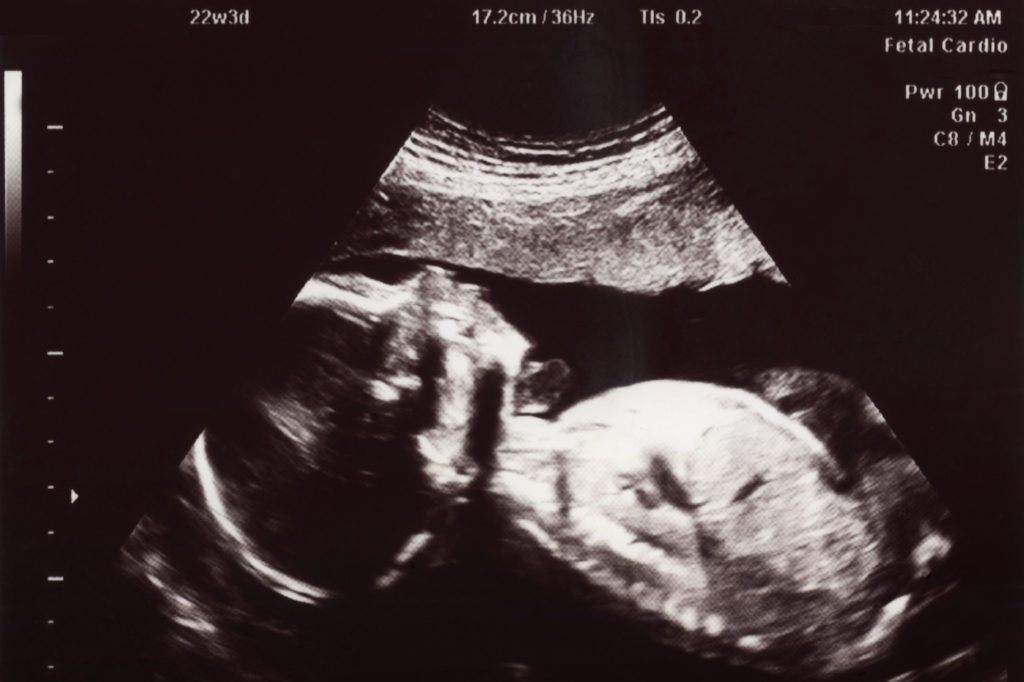
The eugenic search for good genes comes at the cost of human dignity and human equality, and leaves by the wayside the dogma of the sanctity of human life. Rather than warning us that eugenics can happen here, Thomas’s dissent lays out the case that it already has happened here, and the state has a compelling interest in preventing its return.
Immoral Conduct and Moral Witness
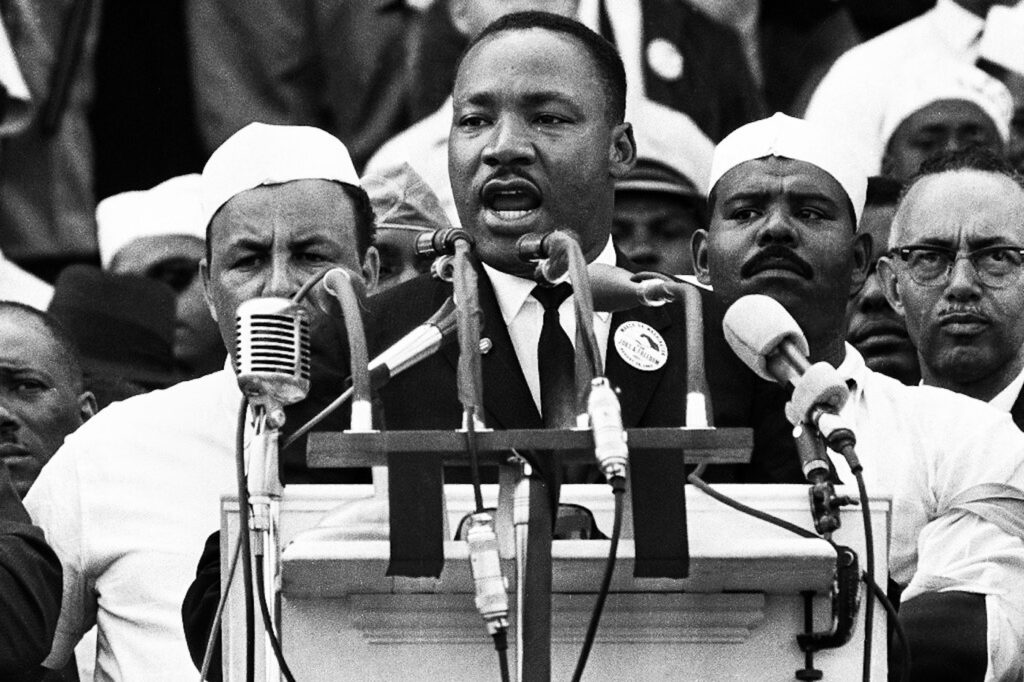
Does the sexual depravity of Martin Luther King, Jr. negate his work and witness in the cause of racial justice?
Adoption and a Pro-Life Anthropology

Every child’s existence is a gift not simply to the mother and father but to the entire human family. Adoption is the institutional way of upholding the gift of the child, whether his or her biological parents recognize that child as a gift or not.




